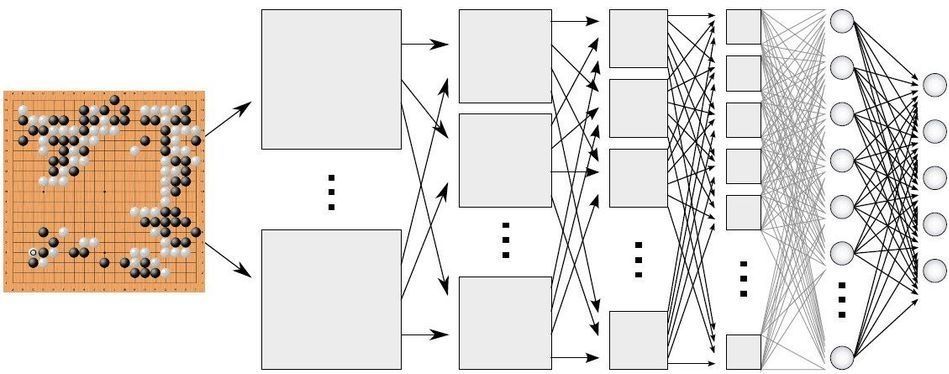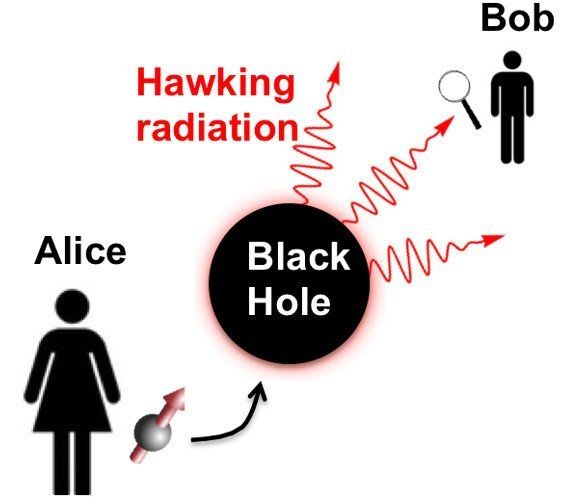Forget government-issued food pyramids. Let an algorithm tell you how to eat.
Credit Credit Erik Blad

Forget government-issued food pyramids. Let an algorithm tell you how to eat.
Credit Credit Erik Blad




Just as most of the matter in the universe is thought to be “dark matter,” much of Earth is populated by a kind of microbial analogue: microorganisms that are known to exist but have never been grown in a laboratory.
A new study, published last September in mSystems, suggests such microbes could account for up to 81 percent of all bacterial genera that live outside the human body. These little-known organisms could hold the secrets to new tools for treating disease and could help us understand life in extreme environments, such as those on other planets.


A startup called CogitAI has developed a platform that lets companies use reinforcement learning, the technique that gave AlphaGo mastery of the board game Go.
Gaining experience: AlphaGo, an AI program developed by DeepMind, taught itself to play Go by practicing. It’s practically impossible for a programmer to manually code in the best strategies for winning. Instead, reinforcement learning let the program figure out how to defeat the world’s best human players on its own.
Drug delivery: Reinforcement learning is still an experimental technology, but it is gaining a foothold in industry. DeepMind has talked of using it to optimize the performance of data centers and wind turbines. Amazon recently launched a reinforcement-learning platform, but it is aimed more at researchers and academics. CogitAI’s first commercial customers include those working in robotics for drug manufacturing. Its platform lets the robot figure out the optimal way to process drug orders.


